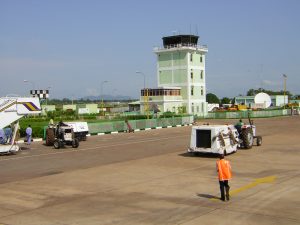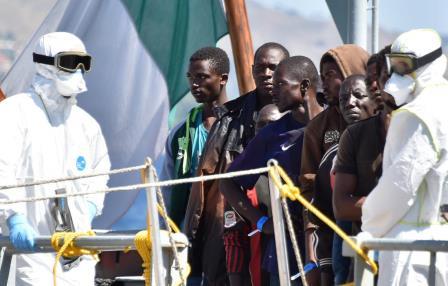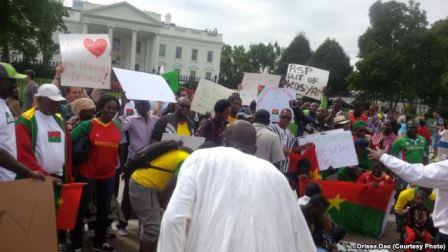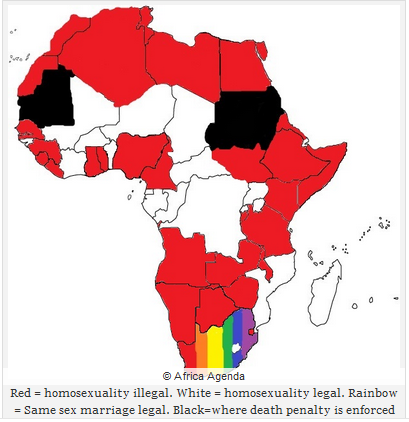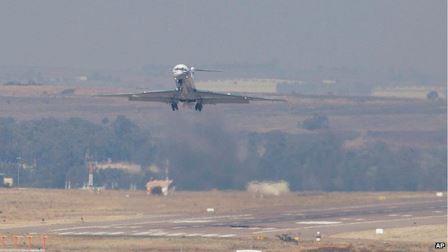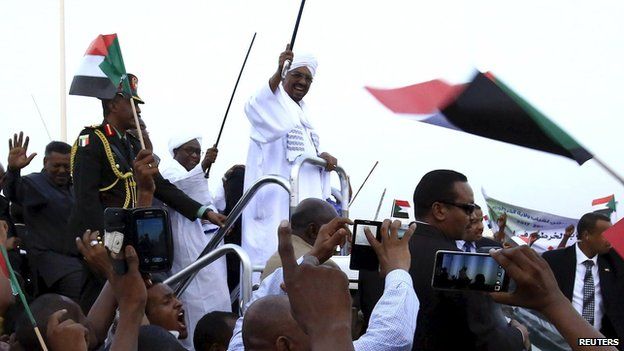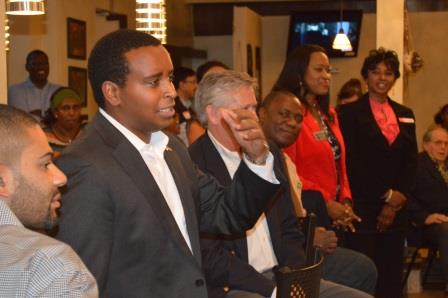Derrick Hudson: South Sudan more than a story about war
Derrick Hudson is a professor at the Colorado School of Mines in Golden, Colorado
“I am essentially exploring, at the moment, how South Sudan and the Republic of Sudan are going to divide the debt that they accumulated when they were one entity.” Hudson said.
The country would have qualified for debt relief under the Heavily Indebted Poor Countries Initiative (HIPC) and have a substantial portion of its debt forgiven, but currently does not quality because of its huge oil wealth.
Established as a joint initiative of the World Bank and the International Monetary Fund (IMF) in 1996, HIPC works at “ensuring that no poor country faces a debt burden it cannot manage.”
South Sudan is facing a huge debt challenge it cannot manage, but sits on huge oil reserves. “Sudan is a paradox in many ways, because of its oil wealth. It does not technically qualify for debt relief, so it would have to go through another process in order to quality. That could be a complex process.”
To explain how tough this is for the young nation, he uses the analogy of a “bad marriage,” and a “thorny situation” to describe what both countries would need to do to divide the debt, and whether the North would agree to the terms of any arrangements or not. “The two may not agree on who gets what debt.” he said.
Another huge challenge for South Sudan is whether Abyei, the central part of South Sudan, will decide to go with the north or stay with the South at a yet to be determined referendum. Why this is brewing up to be a battle front is because, “the land there is sitting on top of a good portion of the country’s known oil reserves,” Hudson stated.
It’s a delicate situation that needs to be handled with care by the international community.
“Most of Abyei is geographically in the North, however, the people who live on that land are culturally identified with the south.”
While the South holds the oils wells, the refineries are mostly located in the North, a distinction which Hudson said must be clearly understood.
At another level, Hudson likens the Abyei dilemma to a prisoner coming out of a long jail sentence. “The data on countries like South Sudan who have gone through protracted conflict, it’s sort of like if you have been in prison and you come out, the recidivism rate is very high,” he said.
History of Civil War Shrouds Knowledge of Sudan
Aside from debt management, South Sudan needs to develop its infrastructure such as the Juba airport, strengthen its democratic institutions, and build the country. Hudson recommends a competitive, free market style way to business for South Sudan as a means to build confidence and improve customer service for travelers to the country. The argument for a quick solution to development in South Sudan is not simple, he argued. The country is not immune to the oil dynamic.
“If you’ve got all this oil wealth, then it is much more of a tendency for countries like China, which is a major force there, to come in; they funnel the profits of governments, if the government is not transparent, if the institutions are weak, then a lot of the money will end up favoring one group over another.”
While most of the work in South Sudan is in the government, most businesses in the country are run by foreigners such as Indians and Eritreans, who own the hotels where Hudson stayed while in the country.
“You can see that the South Sudanese, the Nuer’s, the Dinka’s, have a while to go before they become part of the economic engine and growth.”
For the country to really develop, he cautions the South Sudan government to be intentional in its actions.
“But because they do have oil wealth, if the government can become more like Botswana and really think through how to be more transparent, and attract more foreign direct investment and to really think about how to diversify their exports.”
Hudson would like to see things first hand, he said, which is why he traveled to South Sudan in order to see the situation and perhaps get involved directly.
“In Juba, for a couple of days while I was there, I did see companies coming in. Every time I look up, I saw things being built. The American company, Caterpillar, is everywhere in Juba with all their equipment.”
The Australians, the Brits and Chinese are also there. However, the Chinese tend to keep to themselves, even while they have their fingers on all the major development projects taking place in the South, according to Hudson. He is critical of this and thinks “I am not sure if I can go totally along with that. Africans are tired of that dance,” because the Chinese do not ask any questions about human rights, the free markets and democratic practices taking place in South Sudan.
“All they simply say is just business,” a god-father analogy he references.
“If the Chinese are doing all the work, the people are not developing themselves, that’s the essential point I am making.”
Speaking about what makes South Sudan different from other countries, he said the characterization of the country by most people is mostly a stereotype that exists about it, stemming from lack of knowledge about its diversity.
Hudson describes the usual trajectory of the North-South divide and classifications of Sudanese along Muslim-Christian-Arab lines and talk of early Christian influence, Black-Arab Muslims as a “caricature” of the country.
“As I’ve learned more about it, I’ve had to pause, because I can’t make these broad, sweeping comments about the South and the North.”

